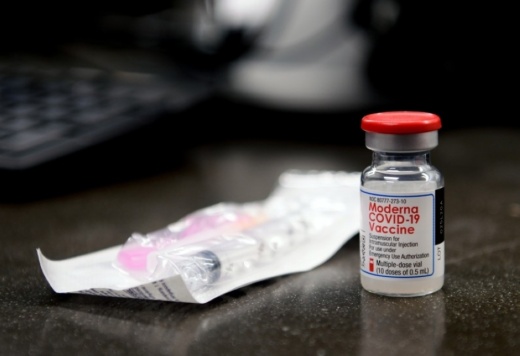The expansion comes as the Food & Drug Administration voted Nov. 19 to expand the existing authorizations for Moderna and Pfizer's vaccine boosters to include all adults over the age of 18. A CDC advisory panel followed up several hours later by voting that all people over the age of 18 may receive a booster dose of either mRNA vaccine, with people over the age of 50 explicitly encouraged to receive one.
“The FDA has determined that the currently available data supports expanding the eligibility of a single booster dose of the Moderna and Pfizer-BioNTech COVID-19 vaccines to individuals 18 years of age and older,” said Dr. Peter Marks, director of the FDA’s Center for Biologics Evaluation and Research, in a statement. “Streamlining the eligibility criteria and making booster doses available to all individuals 18 years of age and older will also help to eliminate confusion about who may receive a booster dose and ensure booster doses are available to all who may need one.”
Recipients of the Moderna and Pfizer vaccines are considered "fully vaccinated" after two doses, separated by four weeks or three weeks, respectively. A booster dose may be taken six months after the initial series of shots, when data shows immunity to COVID-19 often begins to wane, according to the FDA.
Until now, Pfizer and Moderna boosters were only officially authorized by the FDA and CDC for adults with high-risk medical conditions, along with all adults age 65 and older. All individuals who received Johnson & Johnson's one-shot vaccine were authorized to receive a booster dose two months after their primary dose.
The FDA and CDC announced in October that they would allow for mixing and matching booster doses, so an individual may receive an initial dose of Johnson & Johnson followed by a Moderna booster, for instance.





